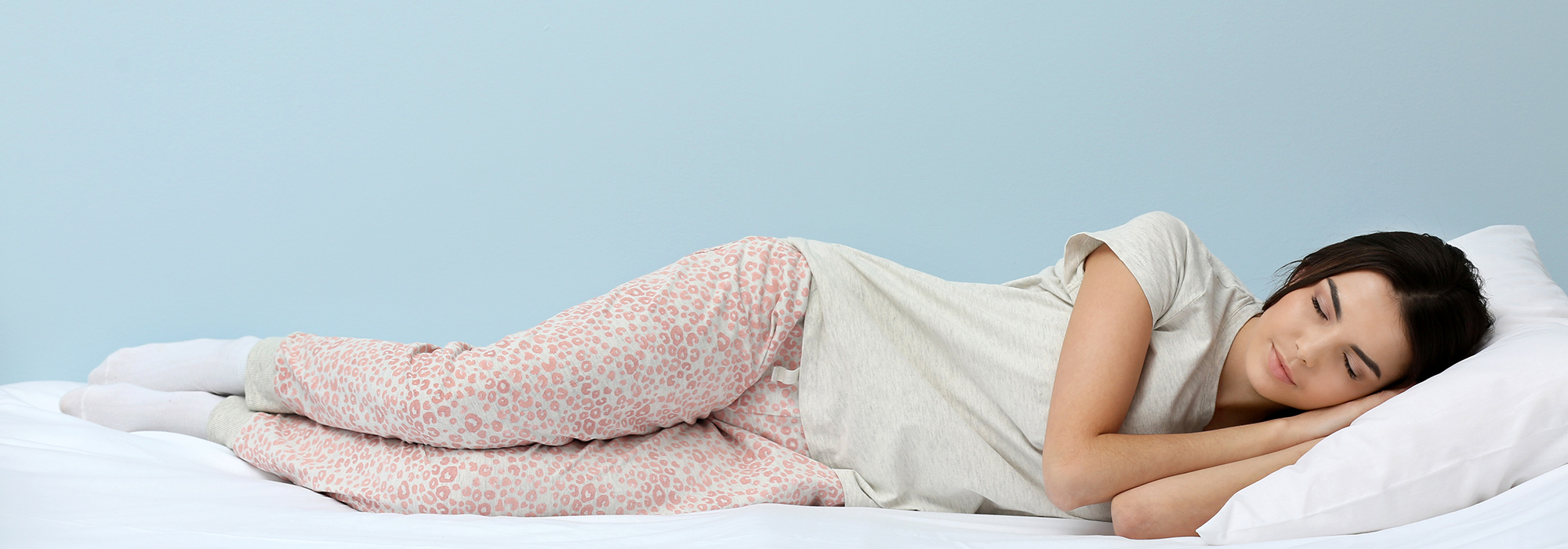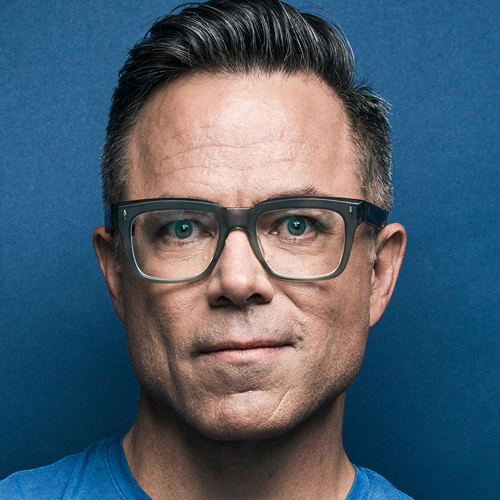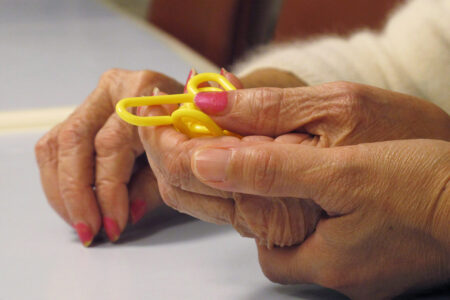
I am obsessed with sleep. Mostly because I’m so darn bad at it. I’ve got world-class skills in a variety of closely related activities such as silently reading in bed, quietly turning on my bedside lamp and going to the bathroom with a level of stealth that would make Batman proud. But actual sleep? Not my forte.
And that is a problem.
A growing body of research tells us that getting a good night’s sleep is a fundamentally important part of a healthy lifestyle. Hence my obsession. I don’t smoke. I exercise. I eat lots of fruits and veggies. I watch my weight. I drink in moderation. I wear my seatbelt. But I rarely sleep more than a few hours at a time.
Of course, I’m hardly alone. It has been reported that 60 percent of Canadians feel tired most of the time. And 30 percent of Canadians get fewer than six hours a night, a total that is much less than the recommended eight. And recent studies suggest that, in general, the future trends look bad. We are, as a nation, getting less and less sleep.
Not sleeping has become a kind of culturally accepted norm that has led to an epidemic of sleepiness. In a 2005 article in Harvard Magazine renowned sleep researcher Robert Stickgold said, we are “living in the middle of history’s greatest experiment in sleep deprivation.”
This is bad news from the perspective of both individual and public health. A lack of sleep is associated with a long list of health problems, including diabetes, heart disease and high blood pressure. It has been associated with Alzheimer’s disease and depression, and numerous studies have found a strong association with obesity. Indeed, a June 2015 study in the Journal of Psychology found that the less we sleep, the more we eat.
How can we reverse this trend? How can we make “more and better sleep” a national health priority? It seems a hard sell. In our busy, work-obsessed society, sleep is seen as a luxury, something for those with a weak constitution and screwed-up priorities. Sleep is a waste of time. Sleep is for little kids. We can sleep when we are dead. And, by the way, didn’t Churchill and Thomas Edison get away with less than four hours each night? They did okay!
All of this is nonsense, of course. People process and remember information better when they get a good night’s sleep. They perform better at work and at sports. And more sleep is associated with more and better sex (and, by the way, sex helps us sleep ”” talk about a virtuous circle!). There is almost no downside to getting an appropriate amount of Zs.
And it isn’t just about improving our health. Lack of sleep has an impact on our economy (a 2006 Australian study by Hillman et al. concluded that it costs the country a not insignificant 0.8 percent of its GDP), our safety (according to the New York Times from February 2014, it is estimated that 15 to 33 percent of fatal crashes involve a sleepy driver) and the performance of children at school (a recent McGill University study cited in Science Daily, for example, found that good sleep is linked to better performance in math and languages).
We need to take sleep seriously, individually and as a country.
So let’s foster a cultural shift that emphasizes the benefits of sleep. We’ve seen that kind of shift occur with smoking, diet and exercise (though we still have a long way to go!). A similar shift can and should happen with how we think about sleep.
There is a lack of awareness among the public and some health care professionals about the health significance of sleep. In 2008 A.J. Sorscher, for example, found that only 43 percent of primary care physicians include sleep as part of their usual battery of screening questions, compared with 100 percent for smoking and 93 percent for healthy eating.
What can we do? Individually, we should accept that sleep is biologically essential, not a frivolous luxury for people with too much time on their hands. We should put aside the time necessary to get an appropriate amount — which, according to the National Sleep Foundation, is between seven and nine hours for adults and more for kids and adolescents.
In addition, we should embrace sensible sleep hygiene habits, including adopting a regular bedtime and waking time, avoiding caffeine close to bedtime, winding down (my issue), exercising and making sure you reserve the bed for just sleep and sex. In addition, restrict the use of mobile devises. Research by Chang and colleages in 2015 has suggested they likely play a role in sleeplessness, both because of the light and the fact that they keep our brains active. A 2015 study by Hysing and colleages suggests that the use of mobile devices is particularly problematic for adolescents (no surprise).
By the way, if you aren’t motivated by the health and performance benefits of good-quality sleep, you should know that a lack of sleep also impacts how you look to others. Research has shown that people find tired-looking individuals significantly less attractive. Also, a 2015 study led by Elma Baron found that a lack of sleep leads to more wrinkles and poor skin quality. So forget the spas, expensive facial creams and Botox. Get some sleep!
On a societal level we should strive to increase awareness of both the importance of sleep and the health and social ramifications of a sleep-deprived nation. This should include educating kids about the value and importance of sleep and increasing the knowledge base of relevant health care professionals. We should also work with employers to create a work environment that facilitates sleep. Studies have found (for example 2013 work coauthored by Ivy Cheung) that more daylight in the office is associated with better sleep and a higher quality of life. And, of course, long shifts and unusual hours take a particularly harsh toll on sleep patterns.
Elevating an awareness of the health benefits of a good night’s sleep will benefit us all.
So sleep, dammit!
(Correction: My wife informs me that, apparently, I do not have the late-night stealth skills of Batman, Robin or even a drunken sailor. But what does she know? She sleeps like a rock.)
Photo: Shutterstock









